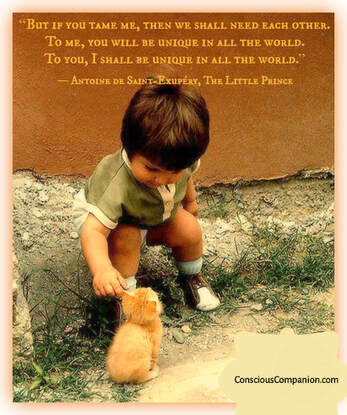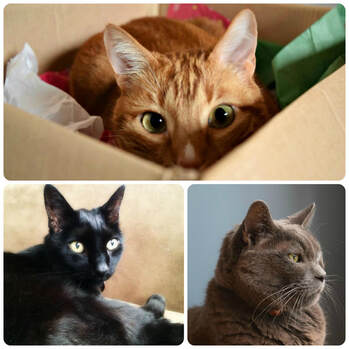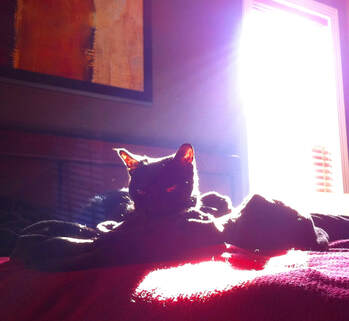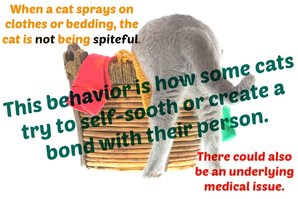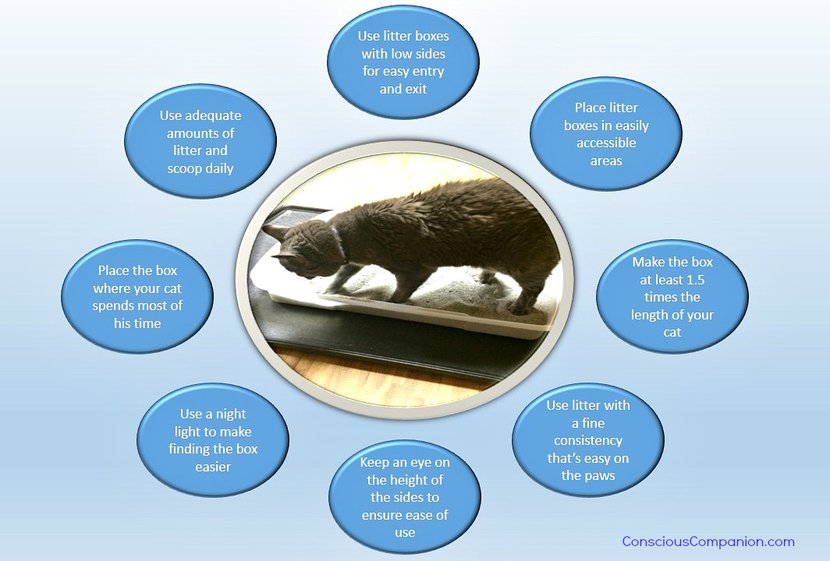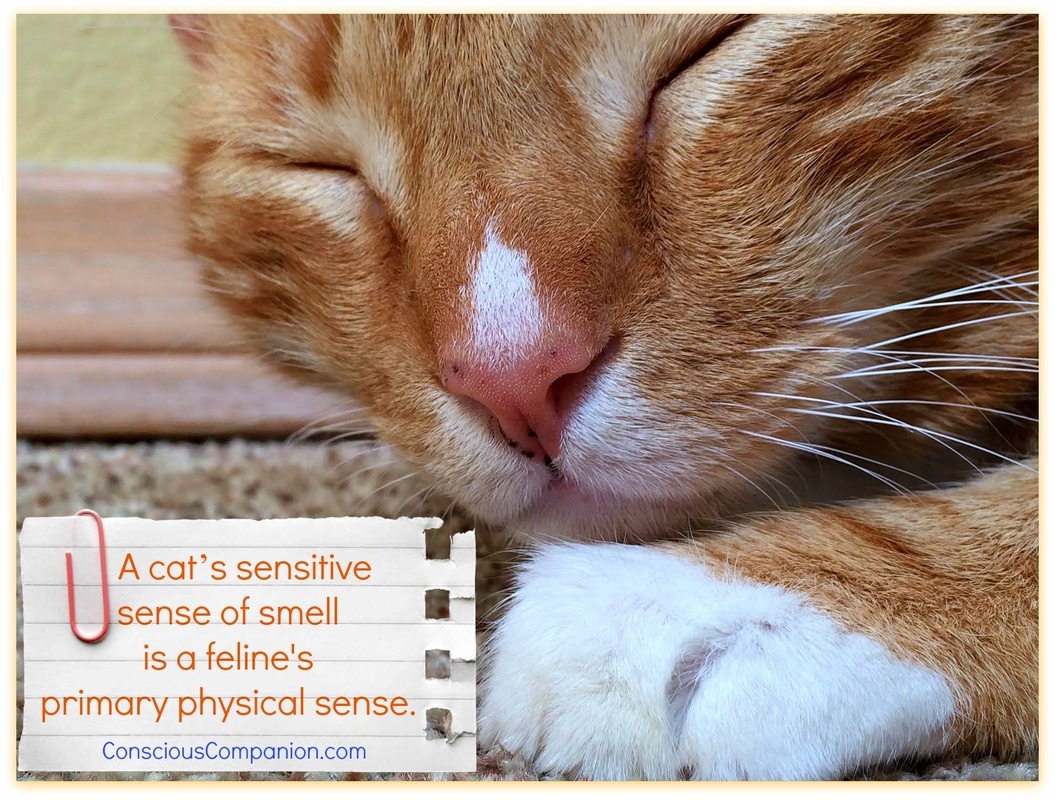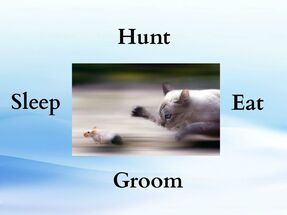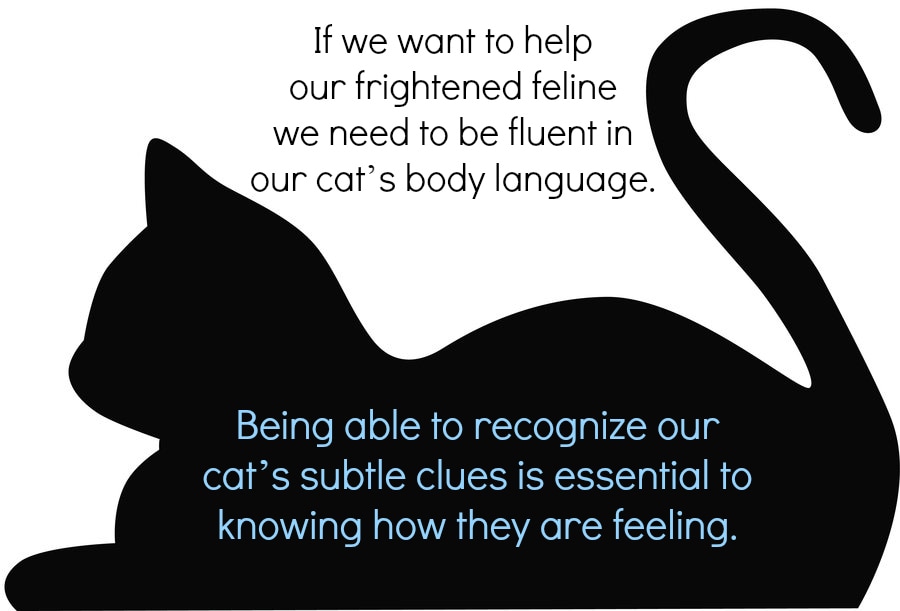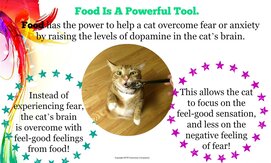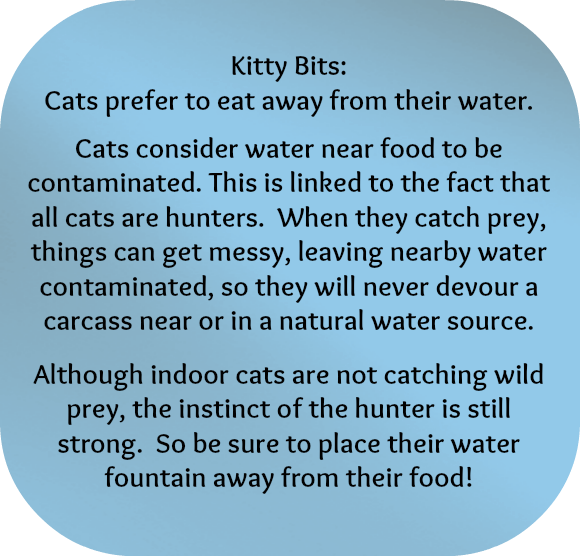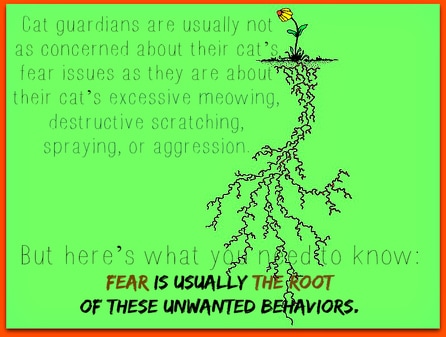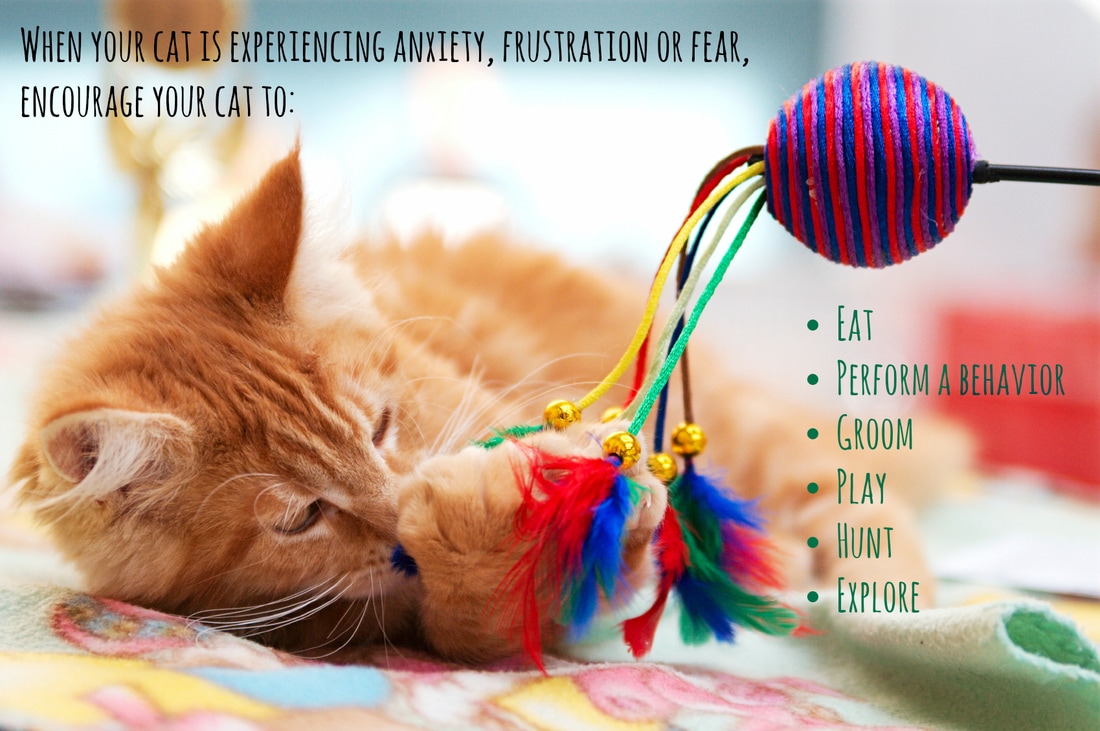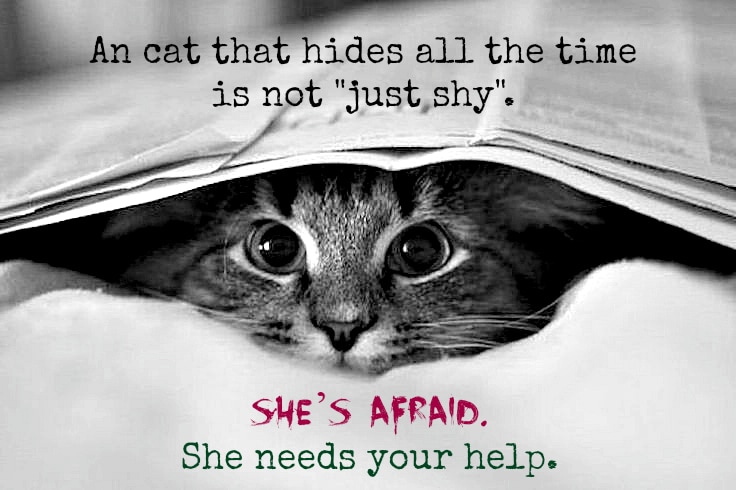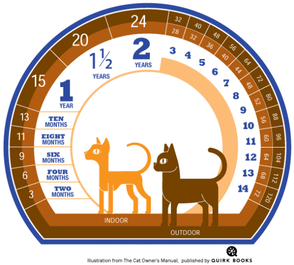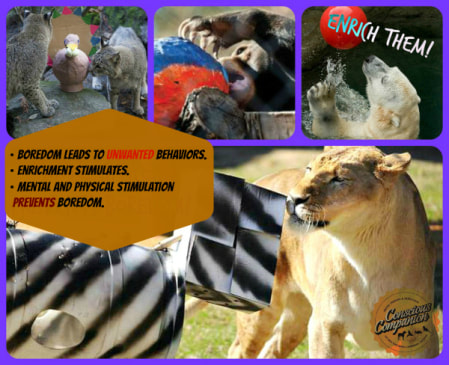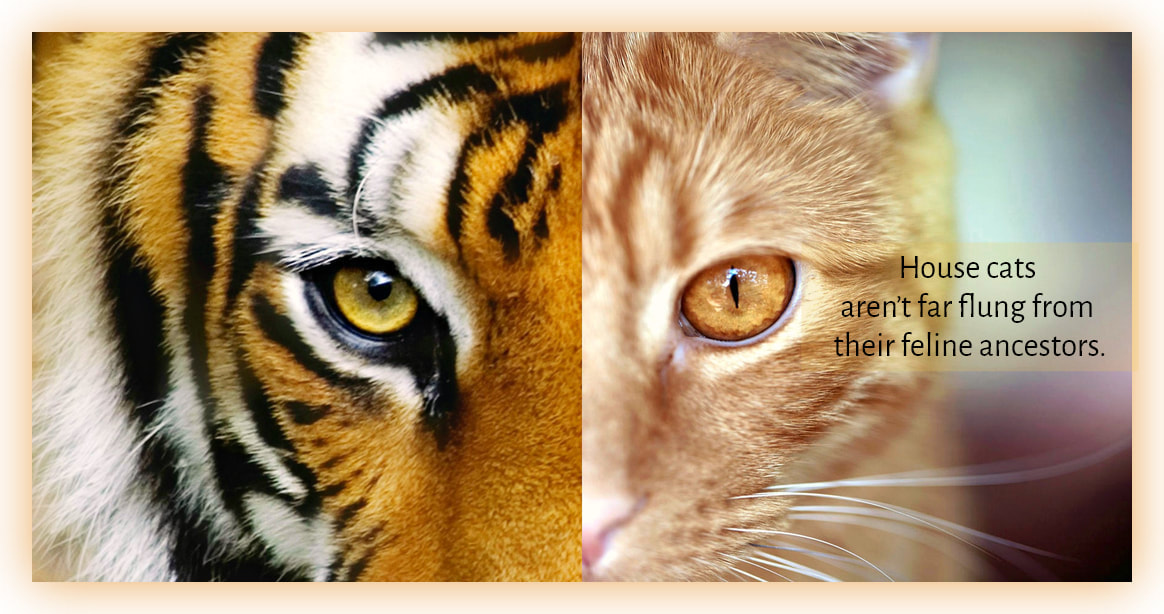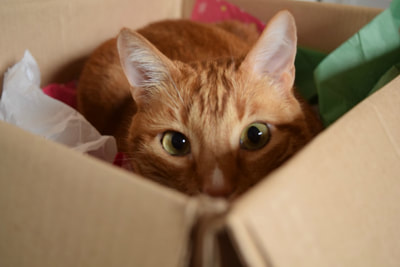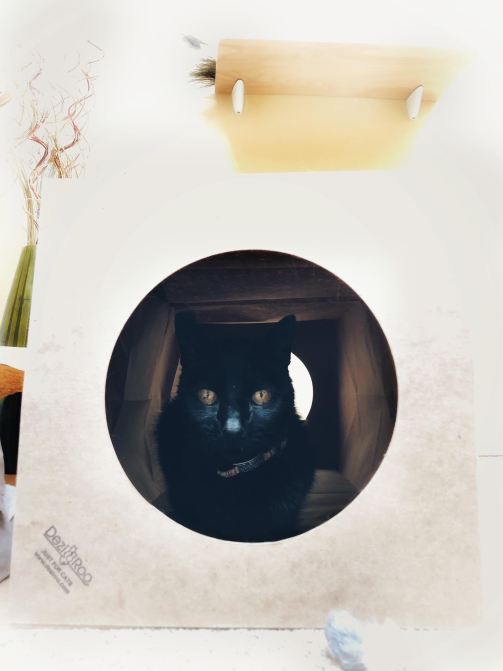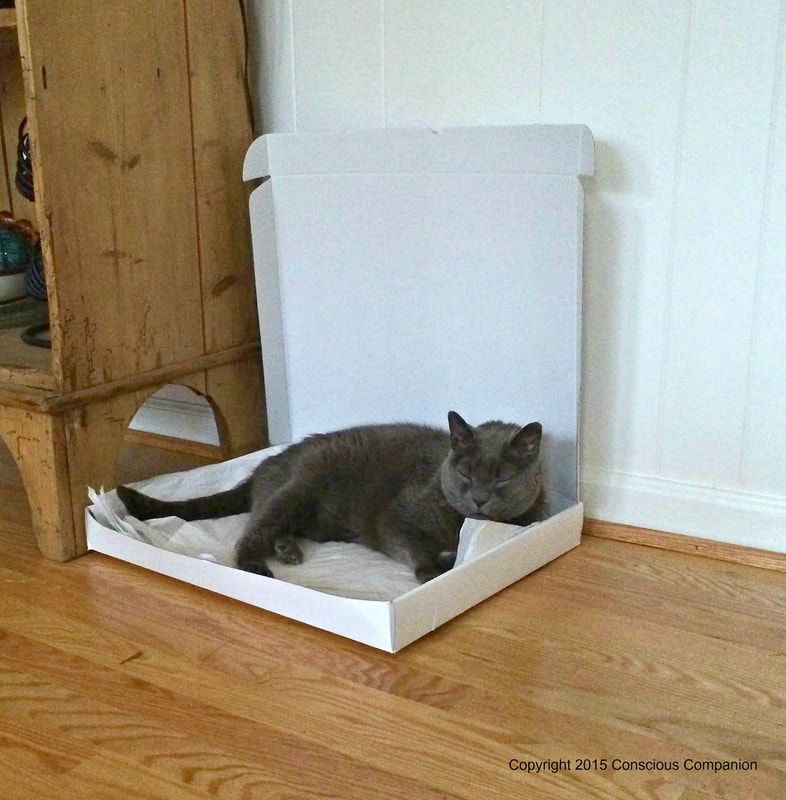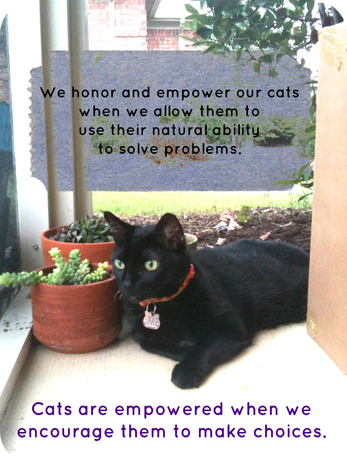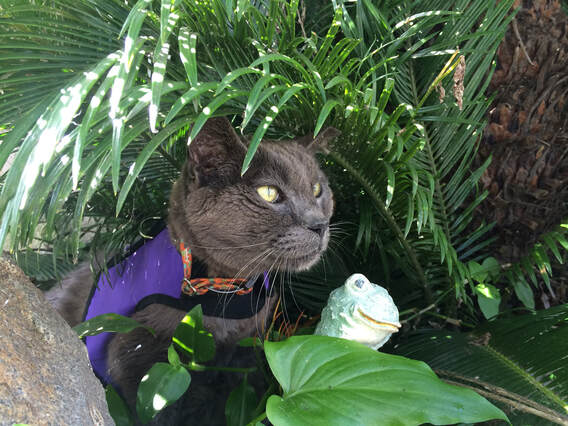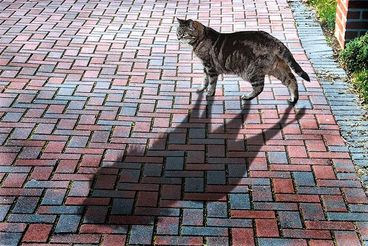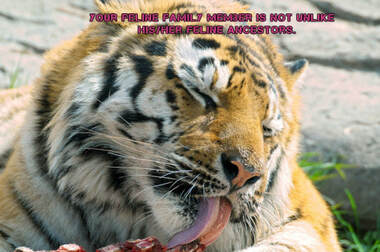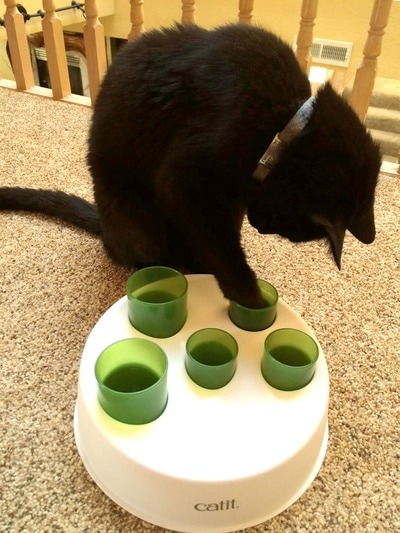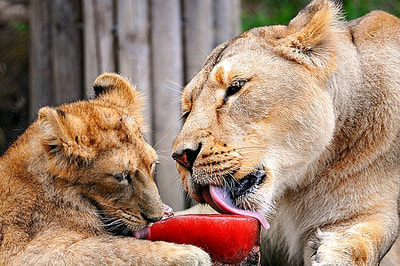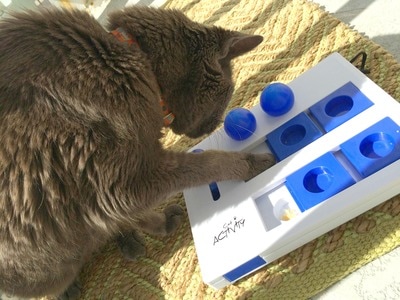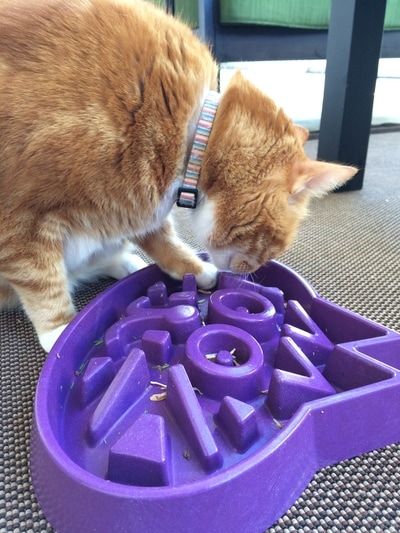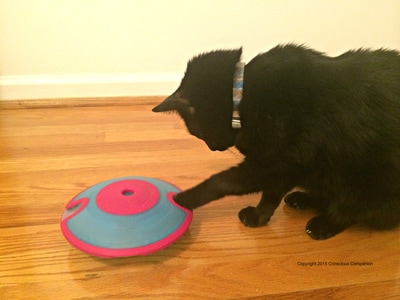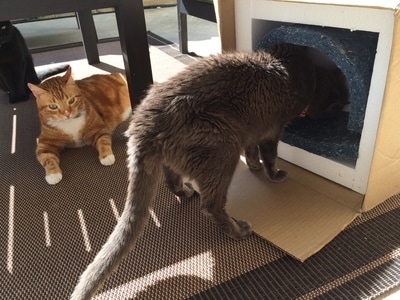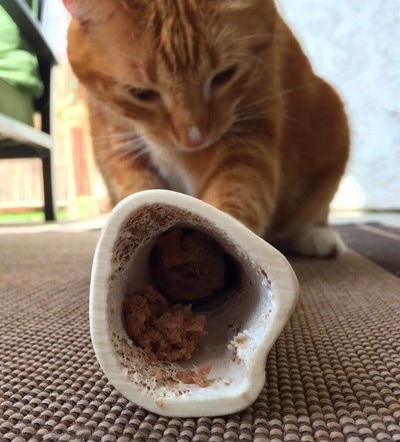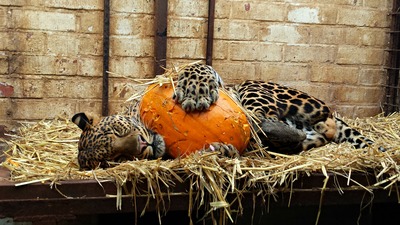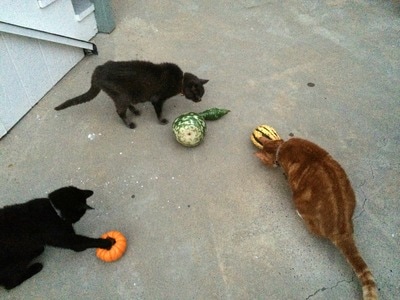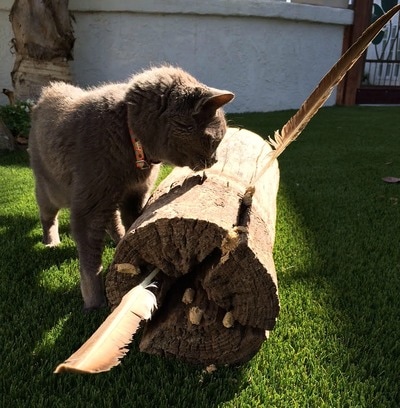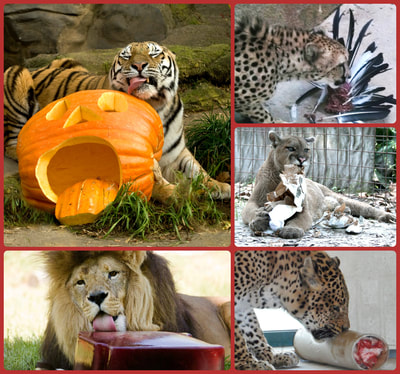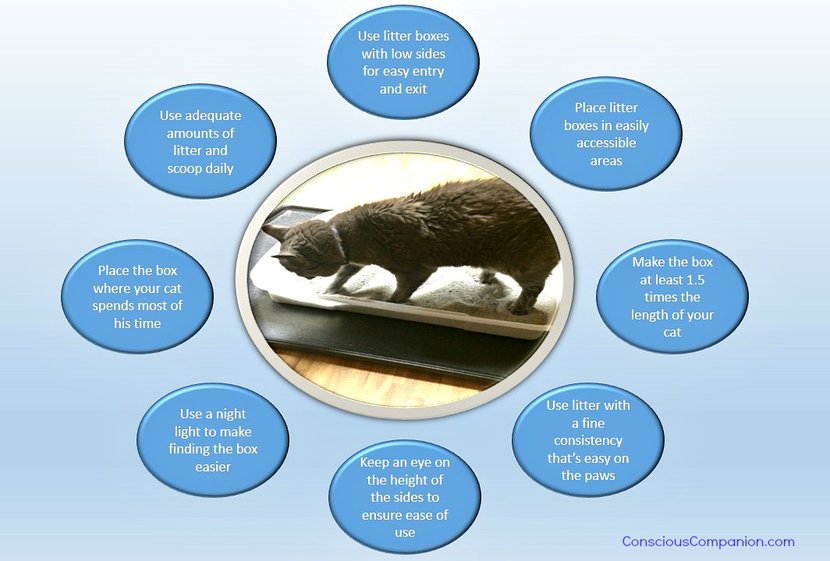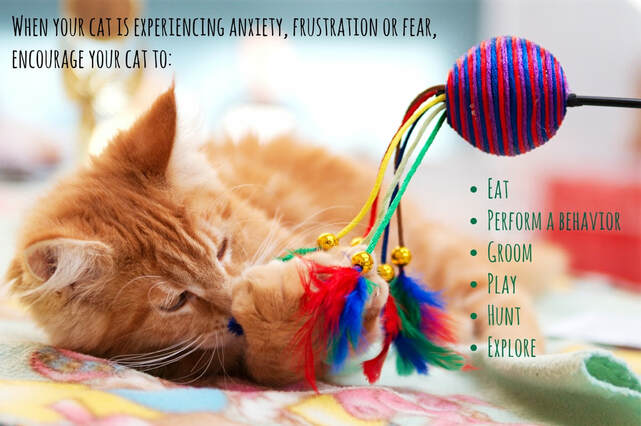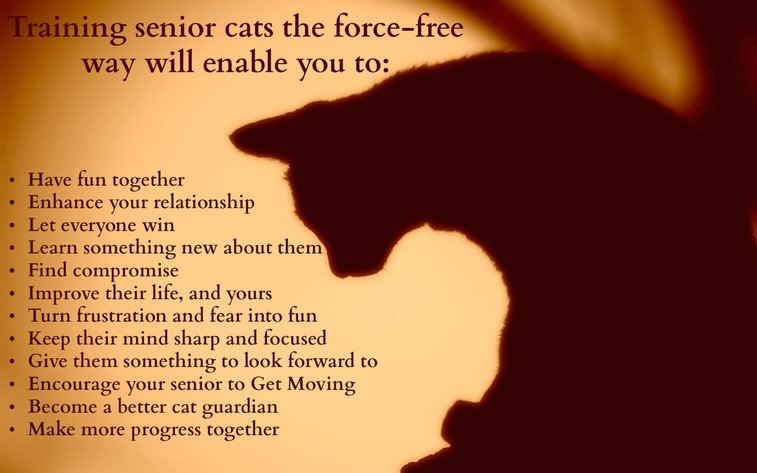Conscious Companion's Cat Portal: Must-Know Feline Info!
Below are Complimentary Resources to Empower You and
Your Feline Family Members.
“People have forgotten this truth," the fox said. "But you mustn’t forget it. You become responsible forever for what you’ve tamed. You’re responsible for your rose.” ― Antoine de Saint-Exupéry, The Little Prince
|
Our feline companions can be our greatest teachers in life. They can also be one of our biggest frustrations. However, once we invite them into our lives we made a choice to commit to them completely. Cats are not temporary fixtures; we become their guardians for the rest of their life.
When challenges with our feline companion arise, they can be opportunities to view life from their perspective. With the right tools and resources, we don’t have to give up! We can learn how to approach behavioral issues and husbandry challenges by exploring all of the options available. The recipe for lifelong success has many ingredients: compassionate science-based methods, holistic therapies, compromise, patience, understanding, unconditional love and always keeping an open heart and mind. Cats are both learning and teaching us all the time. We can choose to learn as well. It's up to us as their guardians to learn how to better communicate with them, listen to them, and to learn something new every day. This page is an empowering resource for Feline Guardians who are willing to do learn something new! Welcome! We are grateful you found our feline resources! Together we can create Life with Your Animal Companion, Improved!
|
Behavior "Bytes"
Below are a few misunderstood behaviors of cats. Check 'em out!
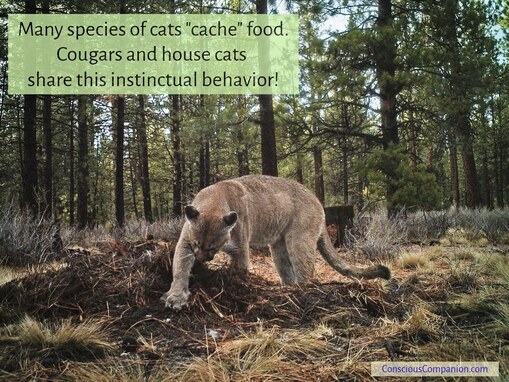
Have you ever noticed your cat trying to cover his/her food?
This behavior is called "Caching", and many species cache their food.
Caching is hiding food from the sight and scent of other animals. Cats who live in the wild, (feral cats, cougars, panthers, etc.) often attempt to bury uneaten food or cover a recently killed carcass. It’s believed cats do this to:
🔸avoid attracting any predators to the area
🔸attempt to prevent potential prey from knowing a hunter's near
This "caching" behavior is quite common in many species of cats. Caching is just one example of an innate/instinctual behavior that our house cats inherited from their ancestors. In fact, both cougars and house cats are experts at caching!
➡Learn more at "Cats Who Cache!"
This behavior is called "Caching", and many species cache their food.
Caching is hiding food from the sight and scent of other animals. Cats who live in the wild, (feral cats, cougars, panthers, etc.) often attempt to bury uneaten food or cover a recently killed carcass. It’s believed cats do this to:
🔸avoid attracting any predators to the area
🔸attempt to prevent potential prey from knowing a hunter's near
This "caching" behavior is quite common in many species of cats. Caching is just one example of an innate/instinctual behavior that our house cats inherited from their ancestors. In fact, both cougars and house cats are experts at caching!
➡Learn more at "Cats Who Cache!"
Below is an audio version of this blog post:
"Cats Who Cache!"
Read an article Conscious Companion wrote in May 2019 for The Pet Professional Guild's "BARKS from the Guild" magazine about Caching Behavior in Cats HERE
Did You Know? ...
Not only are boxes perfect for cats, who are both Predator AND Prey, but experts believe a cardboard box is just as important as food, water, and a litter box! Cardboard is insulating! It helps to maintain their body temperature in both hot and cold environments.
Boxes and Vertical Spaces offer much needed mental and physical stimulation for cats, while providing safe places of refuge and security.
Boxes and Vertical Spaces offer much needed mental and physical stimulation for cats, while providing safe places of refuge and security.
You may think your cat is fine just hanging out and lounging around all day while you are away, but this is a common cat misconception. -Those unwanted behaviors you are seeing are not random. Let’s look at some startling feline facts:
Fact: Many of these behavioral and medical issues can be prevented!
Fact: Food Enrichment can be a tool to prevent and manage many behavioral issues in homes with cats!
- Cats far outnumber dogs in homes (96 million cats vs. 83 million dogs). Yet cats are the number one animal euthanized at shelters due to “behavioral issues”.
- House-soiling (litter box avoidance) is the most frequently cited behavior problem for cats, followed by aggression toward people.
- Cats with medical or behavioral issues were the ones most likely to be re-homed to an animal shelter, (instead of being re-homed with friends or family members.)
- Only 1-5% of house cats have access to food toys.
- Only 0.5% of owners hide food for their cat to find.
- House cats are significantly lacking in physical AND mental exercise.
Fact: Many of these behavioral and medical issues can be prevented!
Fact: Food Enrichment can be a tool to prevent and manage many behavioral issues in homes with cats!
“Cats are captives in these environments, akin to zoo animals, and as with zoo animals, cats’ health and welfare may be affected by their surroundings. Because of this, they sometimes display undesirable behaviors when deprived of appropriate outlets for their expression.” – Environmental Enrichment for Indoor Cats, by Meghan E. Herron, DVM, DACVBa and C. A. Tony Buffington, DVM, PhD, DACVNb
Most people have limited knowledge as to how to successfully enrich the lives of their animal companions. This results in a lack of species-appropriate enrichment with most household pets. The lack of mental and physical stimulation is linked to a myriad of medical and behavioral issues in animals. But we can change that! But making a few changes to their daily routines, we can greatly enhance the lives and longevity of our animal companions!
Choices Are Empowering!
Discover why all cats of all ages and stages need mental and physical enrichment every day and how you can provide this in really fun and creative ways!
Food Foraging for Felines of All Ages and Stages!
Are you puzzled about puzzle feeders for cats? Most cat guardians are. Even the few who have limited knowledge as to what a puzzle feeder is they are still unaware as to why their cuddly couch cat desperately needs daily mental and physical enrichment. This results in a severe lack of species-appropriate enrichment for companion cats.
If you Read This Post, then you know that a lack of mental and physical stimulation is linked to a myriad of medical and behavioral issues in cats. But this can be reversed! When properly utilized, foraging enrichment can enhance the lives of both cats and their guardians. This webinar will discuss how to successfully and safely enrich the lives of our feline family members, no matter their age.
Learning Objectives
- Learn why Foraging enrichment should be viewed as an essential part of providing an excellent quality of life for companion cats in captivity
- Receive guidelines for safely and successfully implementing foraging opportunities
- Discover how to easily implement this important tool into everyday life.
- Dispel the myths behind foraging tools for senior and geriatric cats
- Explore the positive side effects of foraging for both cats and their guardians
- Learn why house cats need food enrichment that parallels the enrichment offered to exotic cats in captivity
You're Invited!
Who: Cat Guardians
What: Educational Webinar, "Foraging Felines: Providing House Cats with Necessary Mental and Physical Stimulation Through Fun with Their Food."
When: Monday October 10 at 1:00 PM - 2:30 PM (EST)
Where: Online from the comfort of your home with your cat!
Why: All Cats Need to Forage for their Food Every Day to Thrive!
How: I will show you how in the webinar! Join us by signing up here!
The goals of enrichment are to offer a sense of control by allowing animals to make choices and to stimulate species-appropriate behaviors
Conscious Companion's Cat Articles
Goodbye to Litter Box Blues
The Many Faces of Fear
How Cats Learn
Thanks to Applied Behavior Analysis (ABA), we have learned that most effective way for cats to learn is by using a hierarchy of teaching interventions. That may sound complicated, but it’s really pretty simple! If you want your cat to learn something, your goal is to:
- Use the most positive, least intrusive solutions
- Avoid punishment
- Help your cat to learn to make better choices
- Reward those choices
Separation Anxiety In Cats

We have to remember that many animals, especially cats, do not display their feelings as outwardly as dogs do. It is naïve to think that feline companion cannot experience loneliness or boredom. Their anxiety and depression flies under the radar; too often their humans don’t notice. Countless cats will display signs of separation anxiety or exhibit increased levels of anxiety if they are already prone to it. This separation anxiety can come in numerous forms. It is important to understand and appreciate that cats can experience anxiety and boredom.
Behaviors that could signal your cat could be experiencing Cat Separation Anxiety (SAS):
If your feline family member starts to display any of these behaviors, there are very effective tools you can implement to help them adjust to your changing schedule and prolonged absence: companionship, exercise, and enrichment. (Details here)
NOTE: It is important to consider that a medical issue could be the cause of these new or destructive behaviors. If you or anyone in your family notices a sudden change in your cat’s behavior, it is important to investigate. Don’t assume that he or she is merely acting out or “misbehaving” because of your absence. A visit to a feline veterinarian may be needed ASAP. Explore all possibilities before coming to any conclusion.
Behaviors that could signal your cat could be experiencing Cat Separation Anxiety (SAS):
- Excessive meowing
- Scratching furniture
- Urinating or defecating outside the litter box (specifically on your personal items)
- Knocking items off shelves, counters, or dressers
- Stops greeting people
- Sleeping more than usual
- Grooming excessively
- Reduced appetite or a complete loss of appetite
If your feline family member starts to display any of these behaviors, there are very effective tools you can implement to help them adjust to your changing schedule and prolonged absence: companionship, exercise, and enrichment. (Details here)
NOTE: It is important to consider that a medical issue could be the cause of these new or destructive behaviors. If you or anyone in your family notices a sudden change in your cat’s behavior, it is important to investigate. Don’t assume that he or she is merely acting out or “misbehaving” because of your absence. A visit to a feline veterinarian may be needed ASAP. Explore all possibilities before coming to any conclusion.
More Free Feline Resources for Your Family
- More Feline Resources That All Cat Guardians Need to Know! (Resource material by Jacqueline Munera)
- The Pet Professional Guild's Feline Resources (Note: You will need to enter "feline" in the search field.)
- The Fundamentals of Felines by Fundamentally Feline!
Some of Conscious Companion's Published Papers About Cats
We are very grateful these were published in the DVD "What Is My Cat Saying? Feline Communication 101" by Carol Byrnes and Jacqueline Munera.
Energy Signatures of Feline family Members
Did you know that every cat has their own unique energy signature? They Do! Whether they are still with you physically, or if they have transitioned into Spirit, each Soul carries a very specific vibration and essence, unique to each feline! Click the images to learn more.
As every cat owner knows, nobody owns a cat ~E. Berkeley


